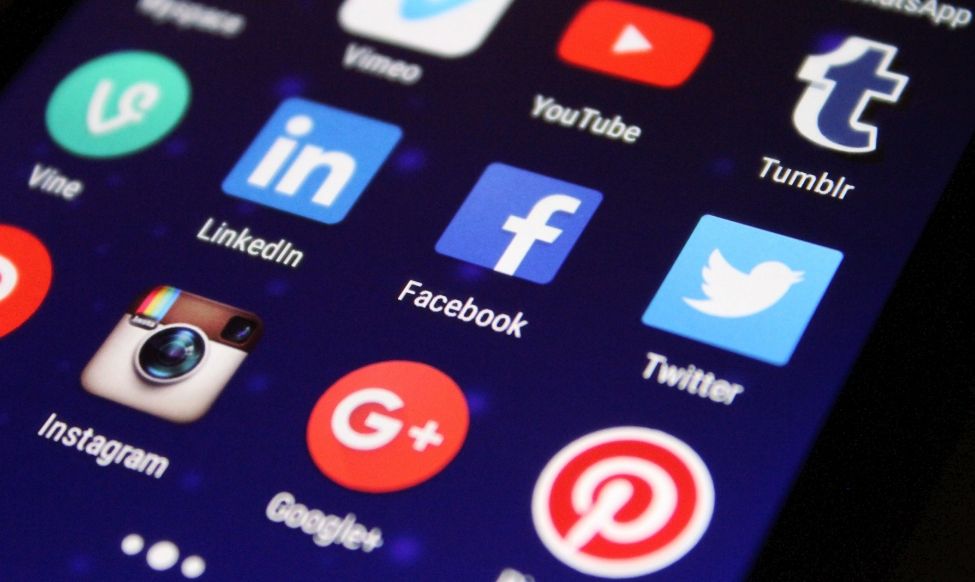The internet has become a powerful presence in our lives, especially in how we use it to communicate. Social media in the form of social networking is now included in millions of Americans’ daily activities, is integral to how most of us now search for and obtain jobs, and even influences how we conduct business. Consequently, it has become commonplace for businesses to use various social media platforms to conduct polls, contests or sweepstakes among employees, interact with customers and potential customers, and spread brand awareness. Users can and do copy and paste pictures, songs, videos, documents, or even links to webpages onto a business’s profile to share via social media.
Different social medial platforms are available to help companies manage these various online activities, making them both simple and quick to organize for any company’s marketing department. Furthermore, social media marketing is an easy, cost-effective and wide-ranging way for businesses to reach new customers.
However, intentionally or unintentionally associating your business with the intellectual property of another may bring about liability for trademark, copyright, and other types of intellectual property infringement. Below is a guide to intellectual property issues businesses should consider.
What constitutes intellectual property infringement on a social media platform?
Several types of infringement can result from associating your business with the intellectual property of another. There can be trademark infringement if a company requests user-generated content from their employees which includes photos or videos and those photos or videos contain third-party trademarks in the background, on signage, or on clothing (i.e., the Nike logo). This can arguably lead to a false association claim by suggesting that the trademark owner supports the company-sponsored event. If a trademark is used in a way that tarnishes the reputation of the trademark owner (i.e., being associated with drugs, pornography and other illegal actions), there could be potential liability for trademark dilution. (This explains why clothing logos are sometimes blurred out on TV shows.)
Copyright laws can also be infringed upon if user-generated content contains copyrighted material such as art, music, photos, or quotes without proper referencing. Unless the user creates their content, obtains permission from the copyright owner, or their content is in the public domain, direct copyright infringement may result. Although a company might successfully argue that any unauthorized content was either “de minimis” (small or brief enough so as to be insignificant) or “fair use” (the promotion of freedom of expression by permitting the unlicensed use of copyright-protected works in certain circumstances), it is far easier for a company to simply prevent any claims of infringement altogether.
The right of publicity can also be violated when social media accounts tied to a particular business publish the name or likeness of a person for commercial purposes, without obtaining their permission. This can become relevant if a video or photo contest submission features individuals other than the employee who entered the contest. Depending on the nature of the social media site, an argument can be made that the submission was not being used for commercial purposes; however, a sponsor or business may have liability if the video or photo is used in an advertising campaign, on television, or in a print ad.
What can your business do to mitigate liability for intellectual property infringement?
Staying up to date on intellectual property laws is extremely important in this era of social media. Intellectual property law and social media is an intersection of emerging concern for lawmakers, lawyers, business owners, and consumers alike, because the existing laws were written prior to the mainstream use of social media. Therefore, staying abreast of all current developments is vital in making sure your business remains compliant with the law.
There are also some specific ways your business can avoid potential intellectual property liability. All online contests, sweepstakes, and polls must contain official entry rules detailing: the exact nature of the relationship between business, social media platform and entrants; eligibility for entry; the steps that need to be taken to enter; and the prizes available to be won. This creates a limited “contract” and specifies that any videos or pictures will not be used for commercial purposes. Furthermore, clear content submission guidelines should be provided which include general prohibition of using third-party materials, or depicting any activity which would violate the law, is obscene, lewd, vulgar or defamatory, involves violence, drugs or alcohol, is dangerous, is disparaging to competitors, or is in any other way inappropriate. (This list is not exhaustive; if your business is promoting a contest or sweepstakes, please contact us to discuss the official rules to avoid running afoul of gambling laws, which vary by state.)
If a business wishes to use social media submissions in an advertising campaign, the rules for entry submission should clearly state what would violate copyright and trademark laws or the company should obtain copyright ownership interest, prior permission or a perpetual license for use. The company should also examine the submitted social media content prior to any advertising, promotional or other commercial use for any images or videos that may contain third-party celebrities, famous logos, quotations not in the public domain, or anything else which might require consent and release to use.
Due to the present gray areas in intellectual property law, and with market competition requiring businesses to protect their brand image, companies should be vigilant toward any potential trademark, copyright, patent, right of publicity or privacy, or trade secrets infringements, and be careful not to infringe on the rights of others, especially on social media platforms. For your specific intellectual property concerns, please contact our office.

